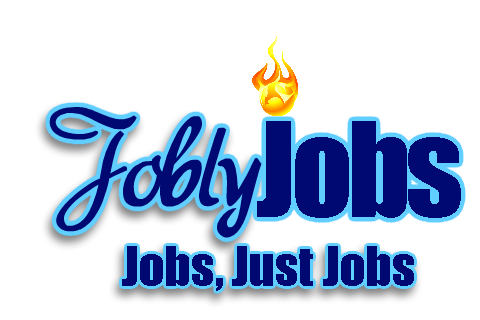Local councils seek motivated, community minded individuals
Across the motu (country) local body election papers are languishing on sideboards, lie forgotten on the coffee table, or are buried in a pile of papers waiting to be recycled.
Even those who have cracked the envelope open may well be wondering: what exactly does a councillor do?
Essentially, the campaign period is just one big job interview, and it’s us – the voting public – who are doing the hiring.
But it’s hard to know what to look for in a candidate if you’ve never cracked open a council agenda, attended a meeting, or even voted in a local election – and let’s be honest, with 42% voter turnout in 2019, that’s most of you.
READ MORE:
* How do I register to vote in local elections? Key questions answered ahead of 2022 polls
* Take Five: Key questions about women in local politics
* Why you should care about council meetings
To many, the job of mayors and councillors is an enigma.
But, while the public rarely enter the realm of councillors, journalists do. We sift through agendas, we sit through day-long council meetings, we meet with mayors and councillors, we attend the community events they’re at.
Ricky Wilson/Stuff
Voting in the local boday election closes on October 8.
So, here’s a job description to help you as you try and assess the candidates and cast your vote.
Local councils seek motivated, community-minded individuals to represent their communities.
With 78 local, region and unitary councils across the motu, there are multiple positions available for a broad range of candidates.
As an elected representative of your community you will be required to set policies and make regulatory decisions for your region, district or city. You will be part of a council overseeing your organisation’s performance and setting the annual budget as well as the long-term plan.
The ability to read and comprehend at times complicated documents is a must, with much of the reading expected to be undertaken in your own time.
Nelson City Council
STV system explained — how to fill in your voting papers. (Supplied by Nelson City Council)
Due to the multimillion-dollar, and at times billion-dollar, decisions you’ll be making, a basic understanding of budgeting is an advantage.
You will need a good understanding of Te Tiriti o Waitangi and its implications on decisions you make, and be able to forge a strong working relationship with local iwi.
While you will be chosen for the role through a thorough election process you will still have only one vote on the council, so you need to have a willingness to work with, and listen to, people whose ideals may not align with yours.
In addition to being a member of the council you may also be asked to take on additional responsibilities, such as chairing committees, so leadership skills are essential.
You will need to be open to flexible hours, as meetings can often run long, and the number of meetings and workshops will vary week to week. In addition, you will be expected to attend community meetings and events on the weekends and evenings and to make yourself available for constituents.
A firm handshake is an advantage but can be learnt on the job.
You can also expect to be asked to give speeches and toasts, so confidence addressing groups of people will favour your application.
Finally, few – if any – council decisions are universally agreed upon by the community, so you will need to develop a tough skin and be able to cope with criticism.
This is a fixed-term contract, and you will be required to reapply in three years time should you wish to continue in the role.



